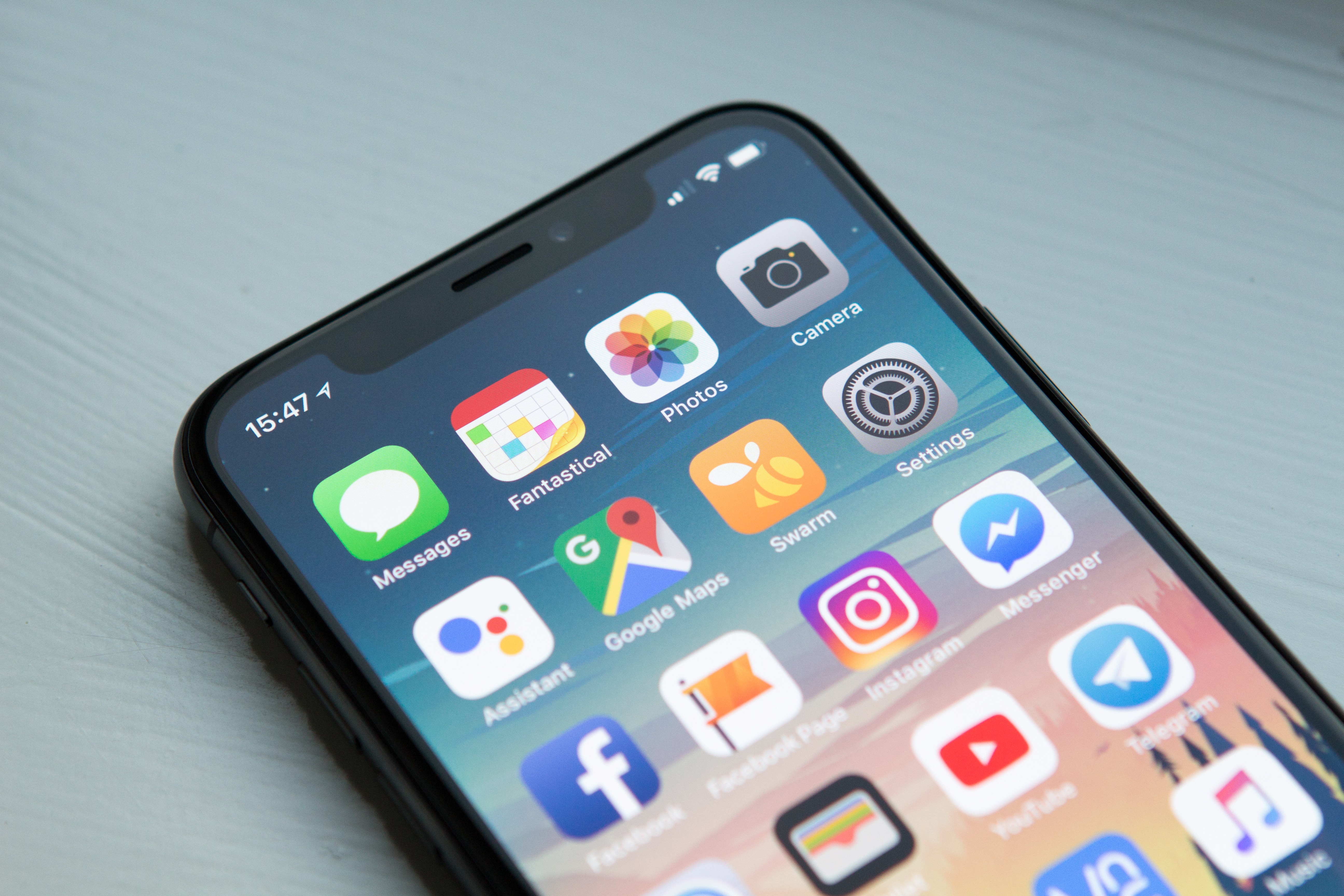2019 is likely to be an uphill year for Silicon Valley. This week, lawmakers held hearings on Capitol Hill questioning whether Big Tech should continue being big. It seems that Washington DC is ready to uphold stringer antitrust laws to limit the market power of the Four (Amazon, Apple, Facebook, and Google.) Antitrust has surprisingly, and for very different reasons, become a bipartisan issue. Both liberals, wary of monopolies, and conservatives, who fear Facebook’s censorship agree that something must be done. “Antitrust” and “breaking up tech” have become buzzwords with substantial implications in tech and, indirectly, media.
In the United States, fair competition had always been vital—antitrust law flourished at the beginning of the 20th century and then again in the 80s. No one was supposed to wield too much power. In 1890, Congress passed the Sherman Antitrust Act to limit any trust that restrained commerce—eyeing Standard Oil’s monopoly. Standard Oil dominated the oil sector both vertically, owning the largest pipeline network, and horizontally, buying its competitors and taking advantage of breaks only available for them due to its size. They were in clear violation of the Antitrust Act and hindering competition. In 1911, the Supreme Court ordered Standard Oil’s dissolution. Seventy years later, it was AT&T’s turn, which was broken up into the seven Baby Bells. At the same time, Microsoft and IBM were also suffering from regulatory oversight.

Tech companies in the 21st century have been lucky, growing without significant obstacles. Amazon has cleared out any competition (through possible anticompetitive practices) by using sales information to design its pricing and promoting its products. Google controls online search and advertising, with practically no rivals. Apple dominates content distribution through iPhones and their apps. They deliver podcasts, songs and news (Apple News,) determining prices and user delivery. It is hard to compete with Apple on the battle for the user when the company already controls the devices (read Spotify wants to control the podcast industry.) Finally, Facebook owns the most popular social media platforms in the Western world—Instagram, WhatsApp, and Facebook—and buys out any startup that might challenge its dominance. The Big Four are deterring new companies from entering the field. As soon as startups emerge, they expect to be bought out.
But the bipartisan support is not necessarily coming from the ‘anticompetitive practices’ angle. It has to do with content. On the one hand, the pro-Trump Russian disinformation campaign has created distrust of tech companies in the left. They fear that Silicon Valley’s consolidated power can steer—or influence widely—the politics of the nation. “When there are just a few choke points, that’s when you’re vulnerable to foreign interference,” said Tim Wu, tech expert and professor at Columbia Law School, in a recent interview. He added, “That’s when your security problems rise.”
On the other hand, conservatives fear social media giants can censor free speech and promote liberal biases. Some are arguing that Congress should act so that digital platforms are regulated as publishers. They sell content, their business model is ad-based, and they encourage engagement. They are basically news and entertainment outlets. Further to the right is President Trump, who has called tech companies “crooked” and accused them of bias against him.
What’s clear is that Silicon Valley has too much power in terms of information. Media outlets depend on Facebook and Google to distribute their content, while these social media platforms retain the majority of ad dollars. Facebook also has partnerships with journalists and hires staff to ban hate speech (regulating the content distributed online.) They are content creators and content distributors. They act as news outlets but are not subject to the same standards—under Section 230 of the Communications Decency Act, platforms are not responsible for the content distributed/published through them.
But now free speech—hard to regulate—is not the only concern big tech raises. Anticompetitive practices, misinformation campaigns, and censorship or lack thereof have put Big Tech on the spotlight. In the next months, we will see more Congress hearings, added calls to break up tech companies (as Elizabeth Warren’s) and some regulation coming out of Washington DC. But, as Tim Wu argues, states will probably lead the charge.
Breaking up Facebook into several companies could prove beneficial for media outlets. They will not depend only on the whims of a few executives and an algorithm. They will be able to choose how to distribute their content, and they will have more leverage when getting ad dollars. Antitrust legislation is slowly coming, and in a few years, Big Tech may not be so big after all. Still, the question remains—even if antitrust law is implemented and Facebook splits from Instagram and WhatsApp, how can Apple, Amazon and Google be broken up? It seems easier to cheer for the end of Big Tech than to actually design its demise.
Watch Tim Wu on PBS, explaining why big tech could be a curse for society and why antitrust regulation should be break up the Big Four.



Great knowledge about social media and technologies its very interesting article for the one who is most addicted for knowing about all new technologies
very useful articel . tnx
One of the best articles I’ve read about technology
thank you
I like your way of defining this article. Good Job, Keep it Up!
considering current situation you may be right.
Thanks, Josep & Carmen for giving us a beautiful and concise piece of information. 2019 may be called as a latest technological year. In this, we were seen every up and down in the IT industry. Some technologies are vanished by the end of this year or some are launched. Let’s hope which technology will lead our future.
considering current situation you may be right.ty for sharing it
Thank you very much for your useful article
Good luck
Hello,
In today’s time, it’s very rare to find this type of amazing article.
Looking forward to more such articles like this in the near future.
Thank you
Es inevitable que la Big Data se va apoderando de todo y todos, y también es inevitable tener la sensación que cada vez estaremos más gobernados como ganado… Espero solo sea una sensación, y que la domótica sea empleada (como en muchas ocasiones) para un lugar mejor para vivir.
Muy buena información: continua con estos artículos!
Mi web: https://domoticayhogar.com/
One of the best articles I’ve read about technology
thank you
Hello. Thanks for the site and its good content
Josep, I read this full article and watch this video. You have written it perfectly. I am always updated on Facebook.
good
thank you admin
thank you writer
wow such a nice work